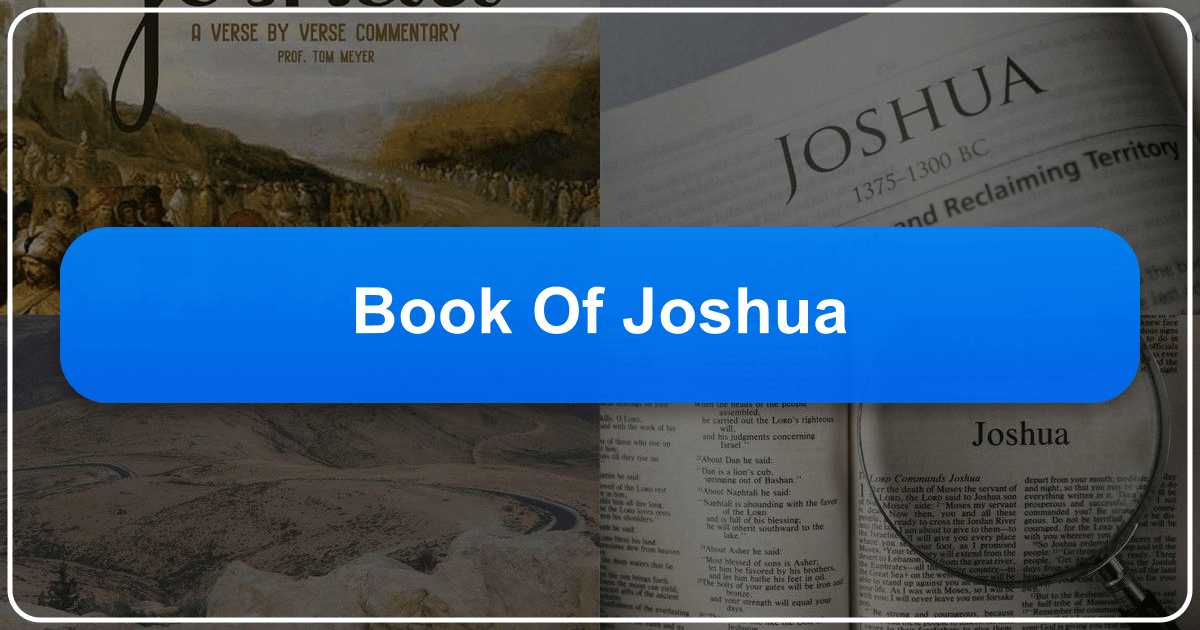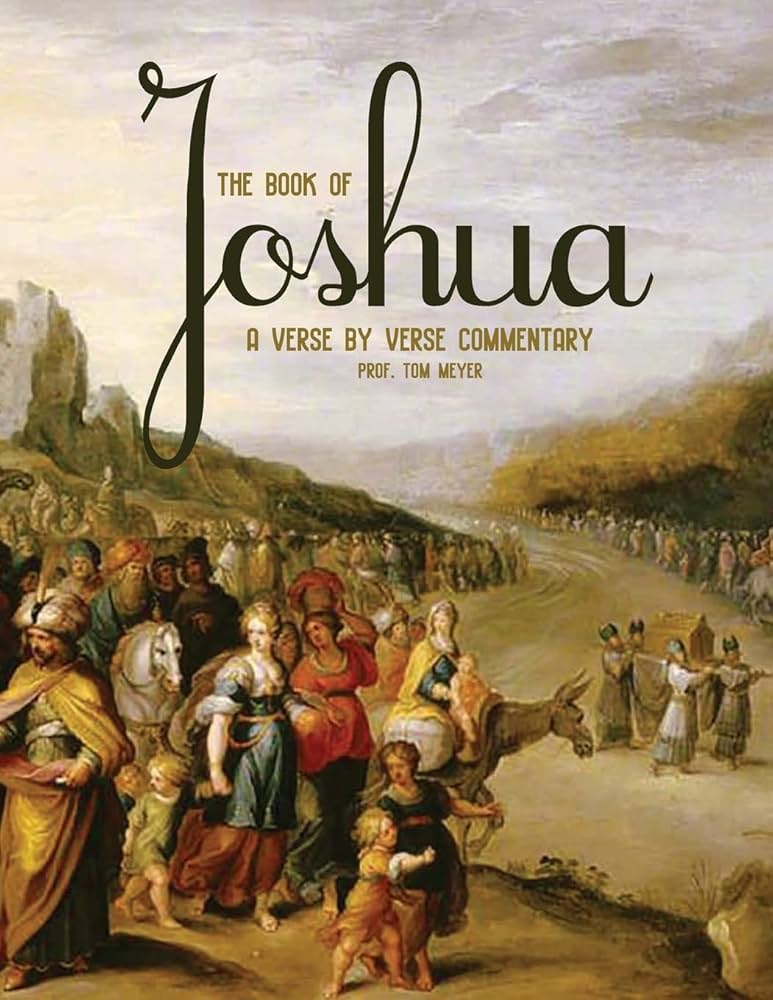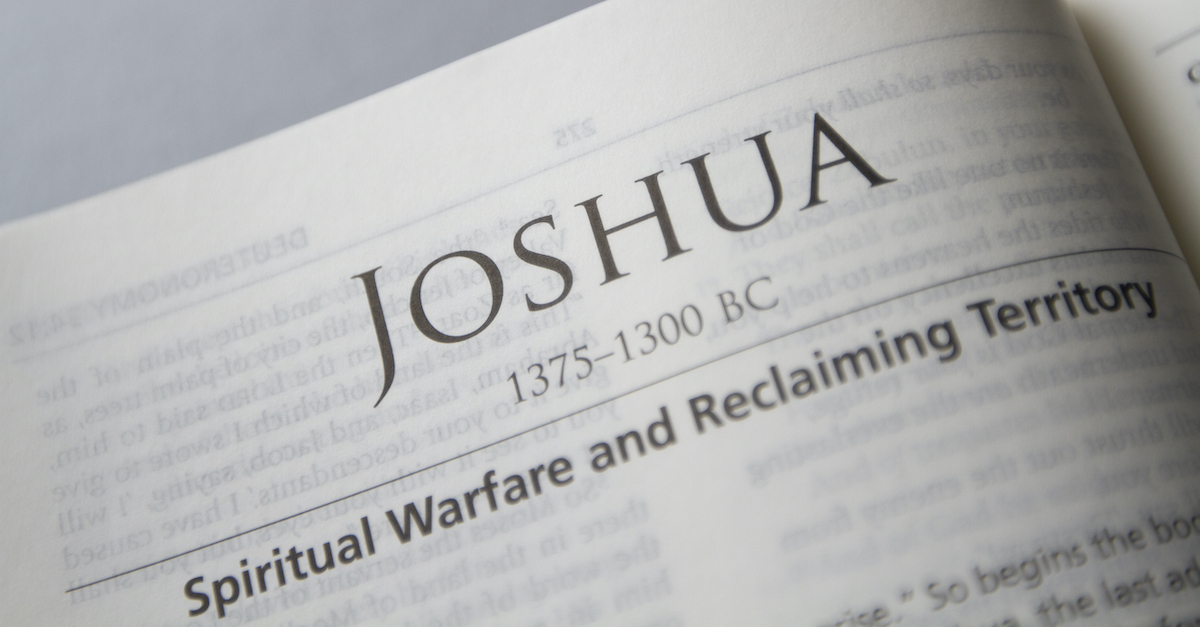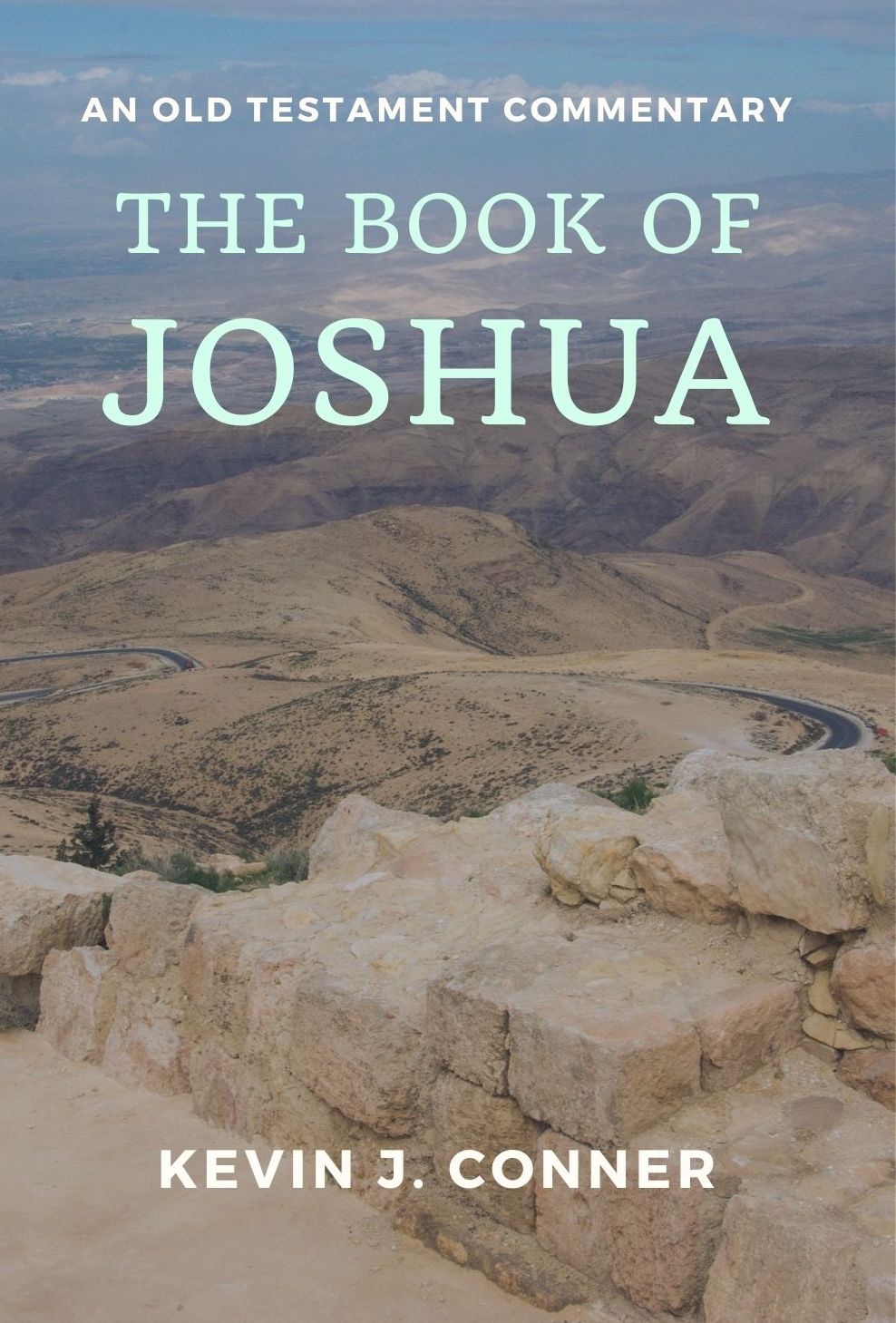The Book of Joshua: Conquest, Settlement, and Legacy

The Book of Joshua, a pivotal text within the Hebrew Bible (Old Testament), narrates the story of the Israelites’ conquest of Canaan and their subsequent settlement in the Promised Land. Following directly from the Book of Exodus, it details the transition from a nomadic existence to a settled agrarian society, shaping the foundational narrative of Jewish identity and influencing Western culture for millennia. This exploration of the Book of Joshua will delve into its various facets, considering its literary genre, historical context, theological interpretations, and enduring cultural impact, drawing upon resources available at Lbibinders.org for further exploration.
Genre and Literary Analysis

The Book of Joshua presents a complex literary landscape, defying easy categorization. While often classified as historical narrative, its composition incorporates elements of various literary genres, including epic poetry, law codes, and prophetic pronouncements. The narrative arc, characterized by military campaigns and the division of land, echoes the structure of heroic epics found in other ancient Near Eastern literatures. However, the inclusion of detailed legal frameworks regarding land distribution and the establishment of Israelite society demonstrates a significant legal and societal component. Furthermore, the book’s concluding sections offer reflections on the covenant relationship between God and Israel, revealing a prophetic and theological dimension.
Analyzing the book’s structure reveals a clear progression. The early chapters focus on the conquest of Canaan, portraying a divinely guided military campaign characterized by miraculous interventions. These narratives, while historically debated, serve to solidify the Israelites’ claim to the land and emphasize God’s faithfulness to his promises. The central portion of the book details the allocation of land among the twelve tribes, highlighting the meticulous process of dividing the territory and establishing boundaries. This section underscores the importance of land ownership and the establishment of a stable social order within the newly conquered territory. Finally, the concluding chapters offer exhortations to faithfulness, emphasizing the consequences of obedience and disobedience to God’s covenant. These concluding passages lend a strongly theological and didactic tone to the narrative.

Lbibinders.org offers numerous resources to further explore the book’s complex literary structure and genre blending. Readers can access summaries, detailed analyses, and comparative studies with other ancient Near Eastern texts to gain a deeper understanding of the Book of Joshua’s literary artistry and historical context.
Historical Context and Archaeological Evidence
The historical accuracy of the Book of Joshua has been a subject of extensive scholarly debate. While some scholars maintain a largely literal interpretation of the narrative, others emphasize the book’s literary and theological functions, arguing that it serves more as a foundational myth than a strictly accurate historical account.
Archaeological evidence offers a complex picture. Some findings appear to support elements of the narrative, suggesting the presence of Israelite settlements in Canaan during the Late Bronze Age. Other discoveries, however, challenge certain aspects of the conquest narrative, suggesting a more gradual and complex process of Israelite settlement. The absence of conclusive archaeological evidence supporting a swift and total conquest has led some scholars to posit alternative explanations for the Israelite presence in Canaan, such as a gradual migration or assimilation into existing Canaanite society.

The issue of dating the conquest also remains a significant point of contention. Different scholarly interpretations posit varying timelines for the events described in the Book of Joshua, influencing interpretations of the historical context and the overall narrative’s reliability. Lbibinders.org provides access to scholarly articles and research papers that engage with these debates, allowing readers to navigate the complexities of historical interpretation and archaeological evidence. Furthermore, the site offers resources on the broader historical context of the Late Bronze Age in the Near East, enabling readers to contextualize the Book of Joshua within a wider historical landscape.
Theological Themes and Interpretations
At its core, the Book of Joshua is a theological narrative that explores the relationship between God and Israel. The conquest of Canaan is presented as a fulfillment of God’s covenant promises to Abraham and Moses, emphasizing God’s faithfulness and power. The book consistently highlights God’s guidance and intervention throughout the conquest, reinforcing the Israelites’ dependence on divine assistance.
However, the theological interpretation of the conquest remains a complex issue, particularly concerning the portrayal of warfare and the treatment of the Canaanites. Some scholars emphasize the book’s depiction of a just war, arguing that the Canaanites’ moral depravity justified their conquest. Others highlight the ethical challenges presented by the narrative, emphasizing the potential for violence and displacement that can accompany conquest narratives. This raises important questions about the nature of divine justice and the ethical implications of warfare.
The book also explores the importance of obedience and faithfulness to God’s covenant. The narrative highlights the consequences of disobedience, emphasizing the importance of adherence to God’s law and commandments. The distribution of the land among the tribes reinforces the theme of God’s provision and the necessity of maintaining a just and equitable society. Lbibinders.org features extensive resources on biblical theology, enabling users to explore the various theological interpretations of the Book of Joshua and engage with discussions on its ethical implications.
Cultural Impact and Legacy
The Book of Joshua holds a significant place within Jewish tradition and has profoundly influenced Western culture. It serves as a foundational text for Jewish identity, shaping the understanding of their relationship with God and their claim to the land of Israel. The narrative’s impact is seen in Jewish liturgical traditions, religious art, and philosophical interpretations.
Beyond its impact within Judaism, the Book of Joshua has influenced Christianity and Islam. Christian theology draws upon the narrative’s themes of God’s covenant, promises, and faithfulness. Similarly, Islamic tradition engages with the stories of the prophets and the conquest of Canaan. The book’s influence extends to Western literature, art, and music, shaping various artistic representations and influencing interpretations of the relationship between faith and conquest.
Furthermore, the Book of Joshua has played a role in shaping political ideologies and interpretations of land ownership. The narrative has been used to justify claims to territory and has become a significant factor in various political debates related to land and national identity. Lbibinders.org provides access to scholarly articles that explore the book’s cultural and political impact, providing context for its enduring legacy in shaping religious, political, and artistic discourse.
Adaptations and Interpretations
The Book of Joshua has been the subject of numerous adaptations across various media, including literature, film, and visual arts. These adaptations reflect the diverse interpretations of the narrative and its enduring relevance in contemporary society. Some works focus on the epic nature of the conquest, emphasizing the military exploits and miraculous interventions. Others explore the ethical dilemmas raised by the narrative, highlighting the complexities of warfare and displacement. Still others analyze the theological themes, drawing upon the book’s message regarding God’s covenant and faithfulness. Lbibinders.org provides a curated collection of resources related to these adaptations, allowing users to examine how the narrative has been reinterpreted across different mediums and historical periods.
The Book of Joshua in Libraries and Archives
The Book of Joshua, along with the rest of the Hebrew Bible, is a foundational text found in libraries and archives worldwide. Public libraries often possess various translations and interpretations of the book, catering to the diverse needs of their patrons. Digital libraries provide convenient online access to the text, along with commentaries, scholarly articles, and other related resources. Rare book collections and archives may house ancient manuscripts and early printed editions of the Book of Joshua, offering valuable insights into the history of the text and its transmission. Lbibinders.org itself serves as a valuable digital library, making numerous resources related to the Book of Joshua readily available.
In conclusion, the Book of Joshua remains a significant and multifaceted text, rich in historical, literary, and theological complexities. Its enduring impact on religious traditions, cultural narratives, and political discourse underscores its importance in understanding the historical development of the Western world. By exploring the book through various lenses—literary, historical, theological, and cultural—we can gain a deeper understanding of its enduring significance. Lbibinders.org provides an excellent platform for further investigation, offering a wealth of resources to enrich and expand this exploration.